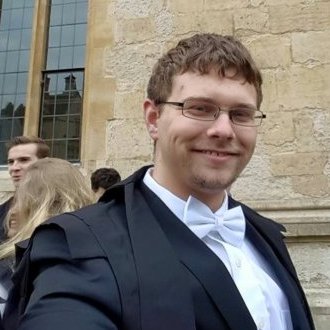The Mathematics of Protest
I always enjoy reading about how math can be applied to predicting societal actions. I’m not quite sure why. Perhaps it just makes me think of Isaac Asimov’s psychohistory. In any case, I read a very interesting article in New Scientist magazine the other day which gave a mathematical and statistical examination of protest, in particular the recent protests in Brazil. It discussed how this sort of unrest spreads in much the same way as diseases and forest fires. Once something starts off the unrest (in the Brazilian case, an increase in bus fairs), unrelated long-time grievances can come to the fore and cause surprising amounts of civil disobedience that can persist even after the original issue is dealt with. Frankly, I’m surprised that you’d need a mathematical model to know that; to anyone who’s studied history it should be common sense.
Another interesting statement that was made is that it is the “newly prosperous,” afraid of losing their new found success, who tend to be protesting. It reminds me of what one of my high school history teachers used to say about revolutions: you don’t get revolutions when people have no hope but when you give them hope and then try to take it away. Rabble-raisers everywhere take note.
Other factors which were noted to facilitate the spread of protest include high food prices, high numbers of unemployed young people, and access to social media. The latter-most is said to “boost a protest’s transmission rate through susceptible societies.” I wonder if, perhaps, part of the reason why youth are more likely to spread civil unrest is because they are more adept at using social media? It is also speculated that recent protests relate to a societal trend away from hierarchy and towards more horizontalist means of organization.
One thing which irked me about the article was that it had a somewhat condescending tone towards protesters. Notice how it compared the spread of protests to the spread of diseases. While perhaps mathematically accurate, that is not a pleasant comparison, is it? Of course, as a socialist with a somewhat revolutionary bend, I suppose I hold an unusually positive view on protest.
Something which worries me a little bit is whether this sort of knowledge could be used to suppress protest and dissent. I can certainly imagine governments wanting to do that. For those of us wanting to change the world, it would be a very large impediment if the ruling classes used mathematics and sociology to try to enforce the status quo. Of course, a different approach would be for them to attempt to understand the root cause of unrest and to fix it. Would this be a good thing? It would certainly improve the lives of people in the short term. But would it be demobilizing? Would we not just end up with a friendlier, reformed version of the world we live in today, with all of the old class structures still intact? In effect, would it simply lead to a redoing of Keynesian social democracy? I’ll leave that debate aside for now. In any case, I suspect that it is irrelevant: the response of the ruling class to Occupy Wall Street seems to show a complete disinterest in appeasement. And, in any case, Keynesian policies failed once and would almost certainly fail if tried again.
So now we must ask ourselves, how is this information useful to activists and to the people who organize these protests? Can it inform our strategies and tactics? Can we use it to our advantage? Is it ethical to do so? After all, you’d essentially be manipulating people. I suppose my view is that this sort of research will allow activists to anticipate if a protests will become widespread. This will allow us radicals to be prepared somewhat in advance. For those who work on theoretical analysis, research such as this may lend a mathematical or even an empirical basis for what at present feels at times like nothing more that intuition and vague guess. That is when I’ll be convinced that we have truly “Scientific Socialism.”
comments powered by Disqus
